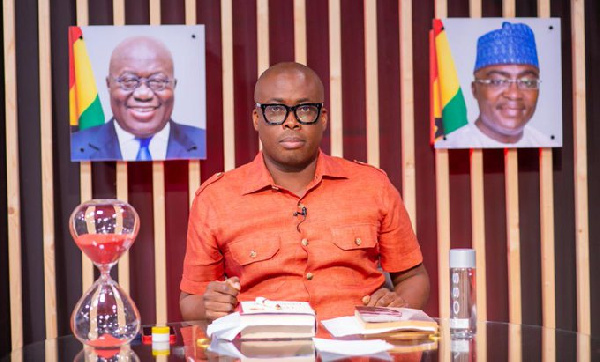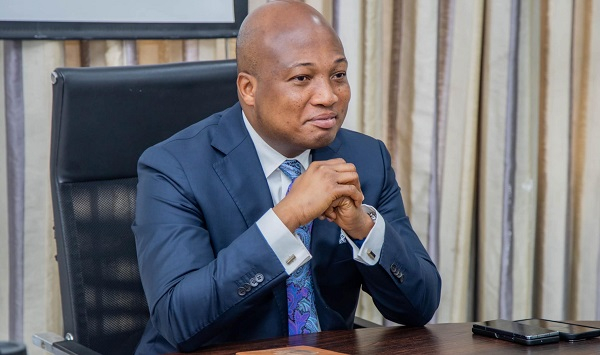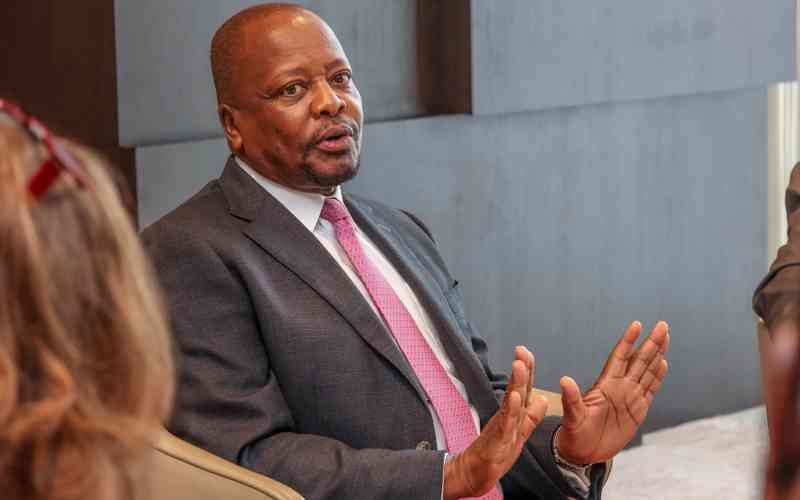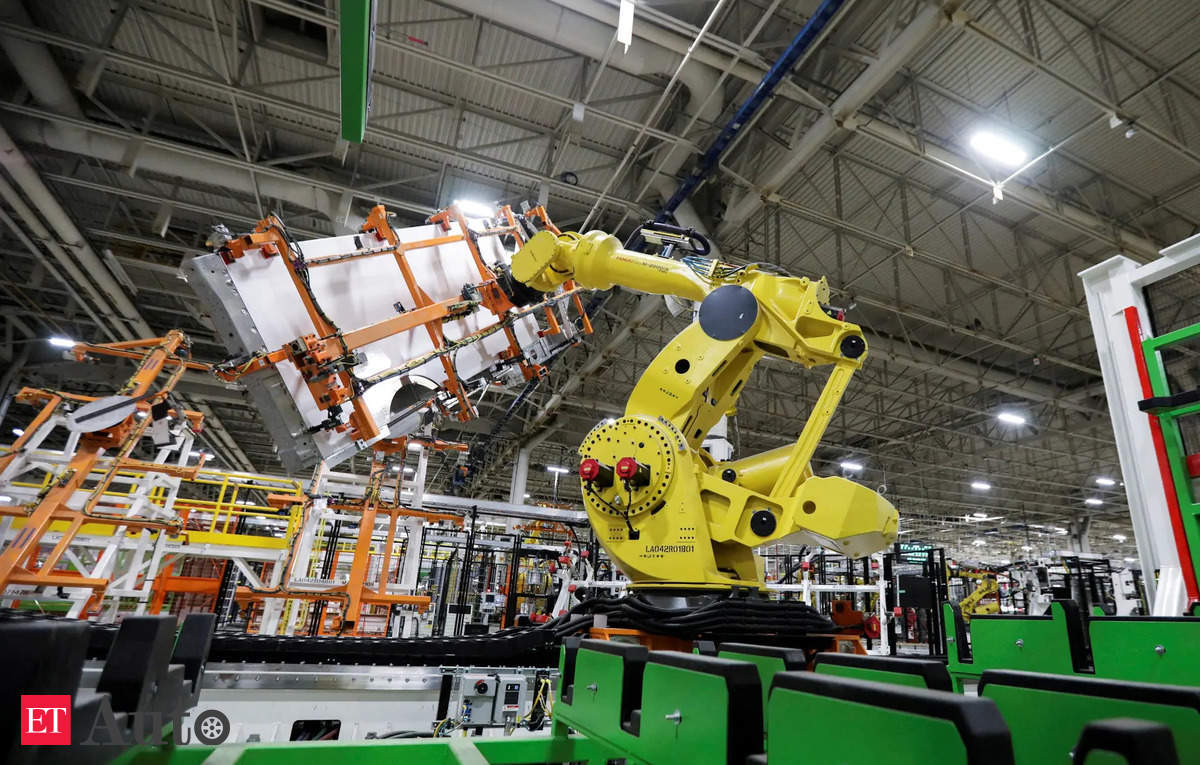Japan winces as Trump threatens tariffs on auto imports

The Japanese government is deeply concerned about the recent announcement by US President Donald Trump imposing a 25% tariff on all vehicles imported into the United States, effective April 2. Prime Minister Shigeru Ishiba has urgently appealed to Washington to exempt Japanese car manufacturers from this levy, which would significantly increase the existing 2.5% duty. Failure to secure this exemption could severely impact Japanese car manufacturers and the broader Japanese economy.
Martin Schulz, chief policy economist for Fujitsu's Global Market Intelligence Unit, emphasized the potential economic fallout. "The overall impact on business here in Japan will be serious," Schulz stated, noting that nearly one-third of Japan's exports are linked to the auto industry, which accounts for 8% of overall employment. He projects that these tariffs could shrink the Japanese economy by 0.2%.
Schulz further elaborated on the complexities, stating, "When prices go up by more than a quarter because of these tariffs, the question becomes who will swallow those added costs. We will see a combination of higher prices for US consumers and lower demand..." He also highlighted that Japanese companies offer unique models, such as electric vehicles, which are not easily replaceable.
The imposition of tariffs on imported components, which are often traded multiple times during manufacturing, adds another layer of complication. Analysts point out that Japanese companies that heavily invested in production facilities in Mexico and Canada, anticipating unimpeded cross-border trade with the US, now find themselves vulnerable due to the increasingly protectionist stance of the Trump administration.
Japanese car manufacturers have largely remained silent on the matter, likely to avoid further antagonizing the US administration. However, there is a prevailing sentiment that Trump has disregarded Tokyo's efforts to cultivate ties with the White House, despite Prime Minister Ishiba's friendly talks with the president in February.
At a press conference, Ishiba highlighted Japan's significant investments and job creation in the US, stating, "Japan has made significant investments and significant job-creation, which does not apply to all countries. We are the number one [country] in investment in the United States." Chief Cabinet Secretary Yoshimasa Hayashi echoed this sentiment, emphasizing that the US trade restrictions could significantly impact the economic relationship between Japan and the US, as well as the global economy and the multilateral trading system.
Hayashi added, "In response to this announcement, we have again told the US government that this measure was extremely regrettable. We strongly urged the US government to exclude Japan from the scope of this measure."
Schulz, however, is not optimistic about Japan's chances of securing an exemption. He believes that trade negotiations are unlikely to succeed because they often involve balancing various tariffs and proposals. He noted that these decisions are being made within the White House and are closely tied to Trump's personal views, making it difficult for Japanese negotiators to present their case effectively.
Currently, Japanese auto firms account for approximately 16% of vehicle imports into the US, surpassing the 15% from South Korean manufacturers. Analysts estimate that these tariffs could cost Japan's six major car firms approximately $11.4 billion.
Takaki Nakanishi, CEO of the Tokyo-based Nakanishi Research Institute, argues that the tariffs will affect the entire global auto sector, not just Japan. "There will be pain in the sector, but it will be felt all over the world and Japan will not be at a disadvantage," he stated. He anticipates that US consumers and the US economy will ultimately bear the brunt of the tariffs, although he believes that Trump's supporters may not immediately grasp the economic consequences until they manifest as rising prices or stock market instability.
Despite the challenges, Nakanishi remains cautiously optimistic that Trump might reconsider his position. "It is very hard to say what is going to happen because the president changes his mind easily, but I do think Japan has room to negotiate," Nakanishi suggested. He also pointed out that the stronger disagreement between the US and Europe, with the potential for reciprocal tariffs, could create an opportunity for Japan.










